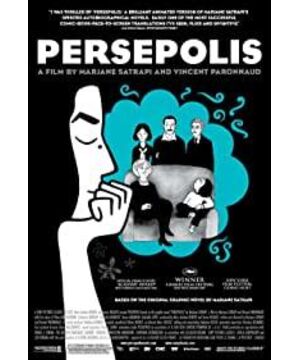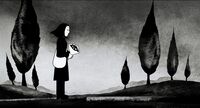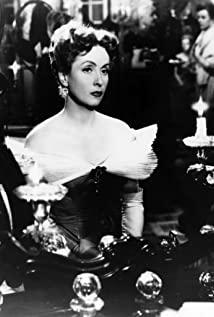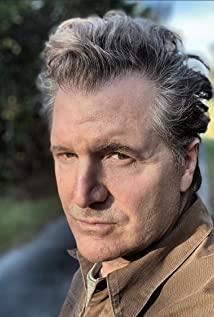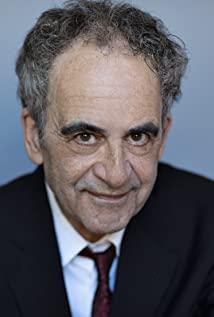Iran in the impression is a traditional and conservative country. The women wore top-down black robes and black turbans, and their expressions were submissive and rigid. They live repressedly in the cultural atmosphere of patriarchy, believe in Islam, and the country is still raging with wars as shown in the current affairs news. Out of mystical curiosity, I tried to understand the grudges and entanglements between Arab countries, and I finally got a taste of it. You have to admit it is complicated enough.
But when this girl named Maja appears in front of you and tells the story of her growing up in Iran, it's still slightly subversive. It turns out that the previous understanding from a macro perspective is just a stereotype.
You can see the imprint of Iran on her, such as her religious beliefs, her way of life; but what really defines her is the richer side. As a child, Marga would hang out with a bunch of little kids throwing stones at passersby; at home she would take off her hijab and put on a T-shirt that said "Punk Never Die"; she would go to the underground market to buy rock CDs and imagine herself A superstar on stage. It's all surprising enough to think that she's a woman who grew up in Iran. Iran - Iran where the woman is not allowed to go out freely, and the black veil covers not only her face but also her dignity.
As Marga grew up, she became more rebellious. Her parents sent her to Europe just in case, and she wandered in Europe. She smoked, drank heavily, made weird friends, and roamed the streets; she fell in love, was hurt by love, and suffered from depression... This is a woman's ups and downs and rich life story. , without pretense, but frankly narrate, cruel and unbearable, so true that people are moved.
When it comes to Iranian women, I don't hate Iranian women, but maybe it's a bit stereotyped. Among the people I know, there are some women who believe in Islam. Most of them are stubborn and conservative. They don't know the difference between piety and blind faith, and they regard not eating pork as the supreme truth. From a structuralist perspective, I would have expected Iranian women to be uniformly conservative and submissive, the pathetic champions of a patriarchal culture. However, this story reminds me that there is no such thing as "one size fits all", and there are no absolutes in the world.
When Marga Shatape stretches the brush into her heart, you will see a rebellious and rich soul. When the teacher praised the new regime in class: "Since our new government was established, we no longer have political prisoners, we paid a lot for freedom, but we finally got it."
Margaret stood up and said: "Ma'am, Shah Only 3,000 people died under the government, and 300,000 of us died, how can you open your eyes and talk nonsense?"
This Iranian girl's personality may be attributed to her being in a democratic and enlightened family. As the head of the family, the father always speaks to his wife and daughter equally; the mother asks her daughter to take off her turban as soon as she gets home; the family can sit together and talk about the current affairs of the country generously; the grandmother is even more avant-garde, when Margaret lives in marriage Unhappy and hesitating about whether to divorce, grandma said,
"Listen, I got divorced 55 years ago, and I told you that no one got divorced in those days. I always thought it would be better to be alone than to be with that bastard. "
But..."
"No but. The first marriage is to prepare for the second. Next time you will be more satisfied. You cry because you chose the wrong person, and it's hard to accept your mistakes."
After speaking, Grandma took a puff of her pipe.
I think the uniqueness of "I grew up in Iran" is not that it exposes certain commonalities of Iranian women to the world, and it does not seek to corroborate people's stereotypes; on the contrary, it highlights and highlights a woman as an individual. Richness and complexity. You see, even in countries with strict rules, there are women who dare to take off their headscarves and drive their cars through the streets; even in a society of forced patriarchy, there are women who divorce their husbands and would rather be alone than "that" assholes" together. Marga grew up in Iran, but she wasn't completely tamed, and she certainly wasn't exceptionally strong. She is a real person who has also lied to protect herself, pulling innocent passers-by to support her. Grandma got mad at her for this:
"I think you are mean, that's what I think."
Margaret defended: "You know, I don't have a choice."
"Yes, you have a choice. Everyone has a choice. You forgot that your grandfather spent most of his life in prison to defend those innocent people and why your uncle died. How I taught you - Honesty and integrity! What does this word tell you?"
This dialogue is what impressed me the most about the film. Even in a bad country, a person has a choice, she can choose to live honestly. At the end of the film, Marga promises to the gravestone of her dead uncle that she will always be honest and honest. I believe that friends who watch this film will more or less compare the situation in China with it. If anything, I think what this story tells us is how to be an outlier.
View more about Persepolis reviews


